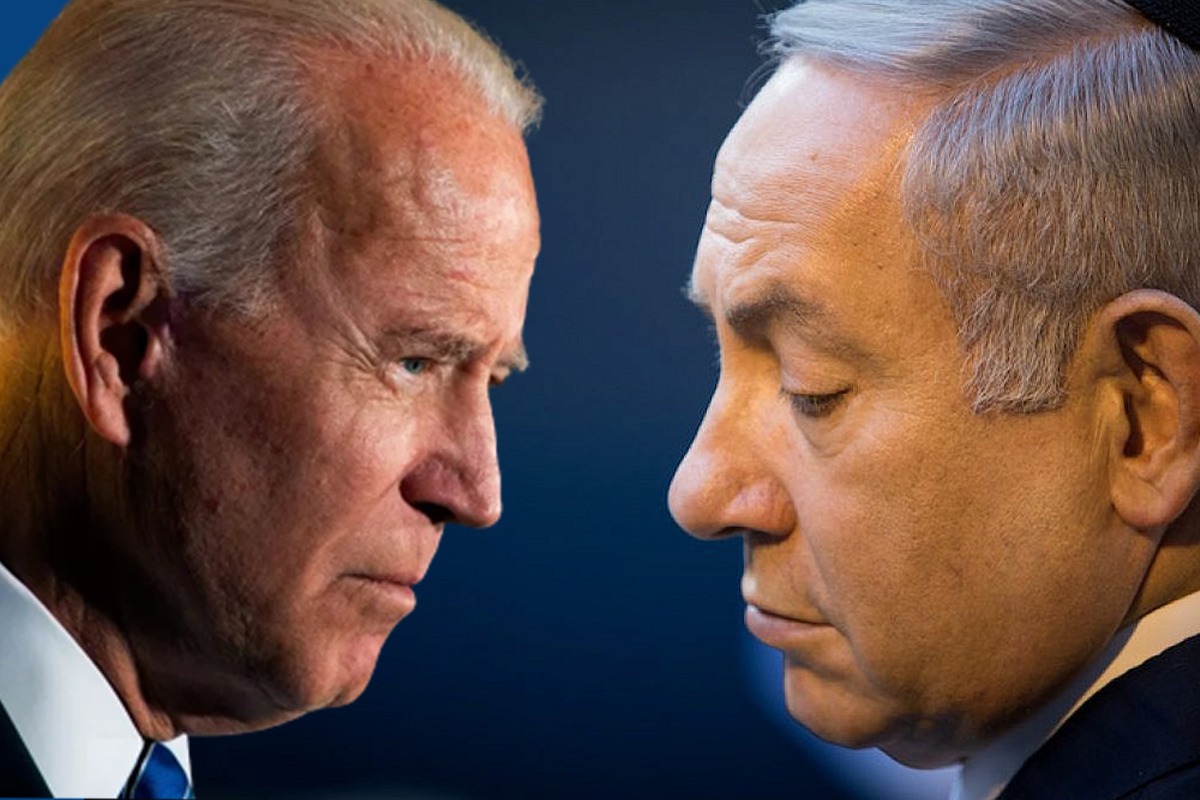Israel and the United States have enjoyed a special relationship for years, marked by comprehensive intelligence, security, strategic partnership cooperation, free trade economic engagement, and socio-cultural ties. However, the rise of orthodox religious parties and an attempt for a judicial overhaul in Israel has impacted this historical alliance with the US.
Israel’s recent domestic politics have witnessed a shift to the far-right, with orthodox politicians appointed to key positions in the government. These politicians are allegedly against cultural-social pluralism, democratic ethos, and the idea of peace with the Palestinians.
This week, Israel accused the United States of inappropriately intervening in its internal affairs as the fallout continues from Prime Minister Benjamin Netanyahu’s attempt to reform the country’s judiciary and how judges are chosen. The comments widened the simmering tension between the two close allies that has built for months.
Among the most controversial of Bibi’s decisions was his appointment of a far-right leader, Itamar Ben Gvir, to the role of National Security Minister in his cabinet. Ben Gvir was convicted 15 years ago of racist incitement against Arabs and support for a group considered a terrorist organization by both the US and Israel.
Another controversial appointment to Netanyahu is the Finance minister, Bezalel Smotrich, who is believed to be a supporter of expanding Israeli settlements in the West Bank, and who opposes Palestinian statehood. Smotrich is accused of inciting hatred against the Arab citizens of Israel.
The ongoing friction between the two countries poses diplomatic and political challenges for both Bibi and Biden. Israel is a key security ally and a major recipient of US military assistance, which comes under an agreement made with the Obama administration when Biden was vice president.
Israel’s ability to deter Iran with the threat of a preemptive strike is partially dependent on how fast Washington sends its KC-46 aircraft, which would enable Israeli attack aircraft to refuel in order to fly far enough to attack Tehran.
For example, Israel cannot continue to fund the IDF as it currently does, especially the Iron Dome, without the billions in US defense aid. Israel has received strong and stable support from the US since 1967, and it has not mattered if a democratic or republican president came to power in Washington.
However, since Netanyahu was elected last year, exchanges with the White House showed that Bibi and Biden were not on the same page regarding Israeli plans to expand Jewish settlements in the West Bank and Israel’s use of force in tracking down militants. Netanyahu tried to mend fences in his remote address to the Biden administration’s Summit for Democracy on Wednesday, stating that “the alliance between the world’s greatest democracy and a strong, proud and independent democracy— Israel—in the heart of the Middle East is unshakable.”
Researchers believe that there is no way to quickly clean up the negative impact in the public relations and diplomatic sphere. But the bigger question is whether the deep differences developing between Biden and Bibi have already spilled over into the security sphere.










